Ford has always been the dominant brand in the market for pickup trucks of all sizes. Toyota, who joined the North American market for trucks much later than Ford, has never been able to generate the same sales numbers but has still created trucks that can compete with Ford when it comes to durability and service.
The history of Ford and Toyota’s truck production, and the ensuing competition that comes with it, is quite a fascinating one. Ford trucks have been available since 1917, and throughout the years their trucks have evolved. Today, the company seems poised to bring its trucks into the 21st century by offering all EV options. While Toyota has yet to bring an EV truck to North America, the company is holding its own against one of its top competitors.
7 Ford Dominated The US Truck Market Until The 1960s
While not the inventors of the pickup truck, Ford should be credited for standardizing the work vehicles for the consumer market. In 1917, Ford rolled out their first-ever pickup truck, the Model TT. This truck was quite the innovation for its time because its bed could handle a cargo capacity weighing up to one ton, which made it a marvel of design and engineering for the time.
From then on, Ford had healthy control of the North American truck market, with Chrysler and GM only barely catching up to them much later on.
6 The Toyota Stout Came Out In 1964 But Had Little Effect Against Ford
Although in competition with Chrysler and GM, Ford was in control of the pickup truck market in the states for decades. Toyota, however, enjoyed a healthy chunk of the Japanese market, albeit much later than Ford had begun in the United States. One of the first Toyotas made by the company's founder, Kiiricho Toyoda, was the Toyoda G1. It was a mid-sized truck with a two-person cab, a six-cylinder engine, and was only produced from 1935-1936.
Toyota did not enter the US market until 1964 with the Toyota Stout—a light truck that was only available in the US until 1969. Only 4 Stouts sold in America their first year.
5 Ford Began To Get Some Competition In The 1970s
Although Ford remained the bestseller for trucks in the US, especially thanks to the F-150, the 1970s saw an uptick in Japanese car models of all types available in North America, especially the United States. Two major factors driving this increase were 1. Expanded economic relations between the two countries after the rise of Communism in China (a rival of Japan’s) and 2. The 1970s gas crisis caused consumers to look for cars with longer shelf lives and better fuel efficiency—something Japanese models are notorious for, especially Toyota.
One truck that was beginning to give Ford a challenge was the Toyota Helix, first introduced to America in 1972. However, despite the growing interest in foreign manufacturers, Ford still dominated the US truck market.
4 The F-150 Remained The Best Selling American Vehicle Throughout the 1990s
Despite the increasing demand for trucks like the Toyota Hilux, Ford stayed on top thanks to their famously dependable F-150 series. The Ford F-series pickup trucks were not only the company’s best-selling pickup trucks, but they also were the best-selling American vehicle overall.
They remained so until the 2nd quarter of the 2021 fiscal year, and even then only slipped during that one quarter. The truck still broke records by being the best-selling American vehicle for 43 years and outsold either the Toyota Tundra or Tacoma by at least 3 to 1.
3 Toyota Tacomas Briefly Outsold Ford Rangers In 2021
While the Ford F-150 still dominates, one car that must concede defeat to Toyota was the underselling Ford Ranger. The Ranger sold an average of around 5,000 trucks per month in 2021, while the Toyota Tundra averaged closer to 6,000 units a month.
The Toyota Tacoma beat both of these models with an average of around 15,000 trucks. For those curious, F-150s sold around 60,000 per month last year.
2 Ford Has Always Offered More Diesel Options
One might be wondering why Ford has dominated the pickup truck market for so long. Aside from the fact that Ford standardized trucks for a consumer market thanks to the 1917 TT, the company has been more proactive to offer variety to their models. While Toyotas of all types are famous for their long shelf life and impressive fuel economy, Ford’s advantage has always been options.
Ford has a long track record of offering more choices in their truck's transmission types, in add-ons. Ford also tends to have more diesel options available, especially for trucks sold for consumer use. While Toyota has offered diesel-fueled trucks, they tend to be produced for logistical or cargo use, not consumer cars.
1 Toyota Does Not Have An EV Truck Available, Yet
The past and present status of both companies are impressive, but equally fascinating are what both companies have in the future. Ford looks poised to continue its pickup truck dominance thanks to its parlay into the market for electric vehicles. Ford has given the world an EV version of their famously dependable F-150, the Ford F-150 Lightning, and demand is already skyrocketing. Over 200,000 Lightnings have been reserved in 2021 alone.
While Toyota did beat Ford as a whole by standardizing hybrid vehicles in their lineup, Ford definitely has Toyota beat when it comes down to production numbers. Toyota does not have an EV truck available yet but plans to release 30 different EVs by 2030. The company has also promised that some of its subsidiary brands, such as Lexus, will be all EVs by the same date. If the future is anything like the past, the competition between these companies will remain fascinating and fierce.


.jfif)
.jpg)

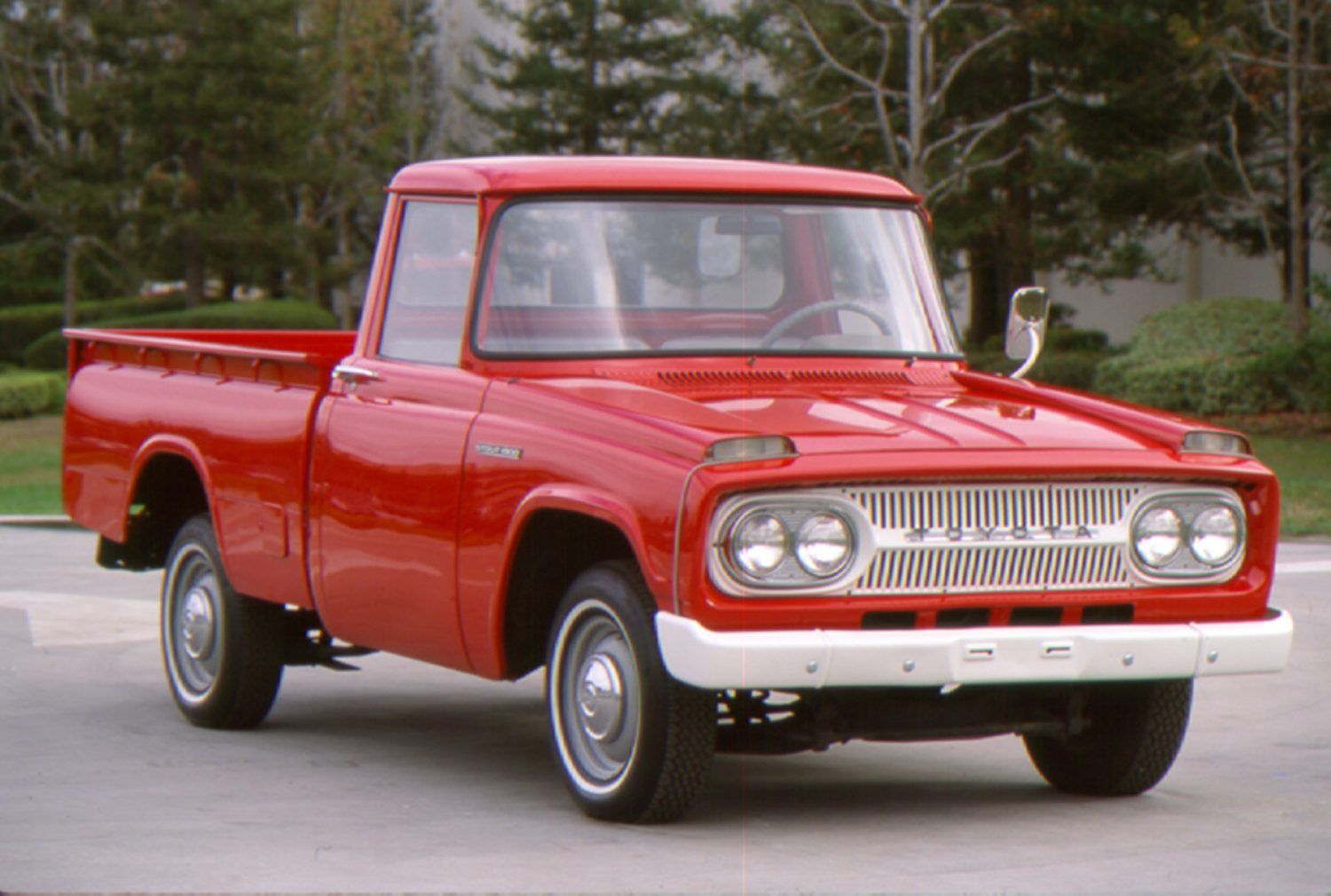
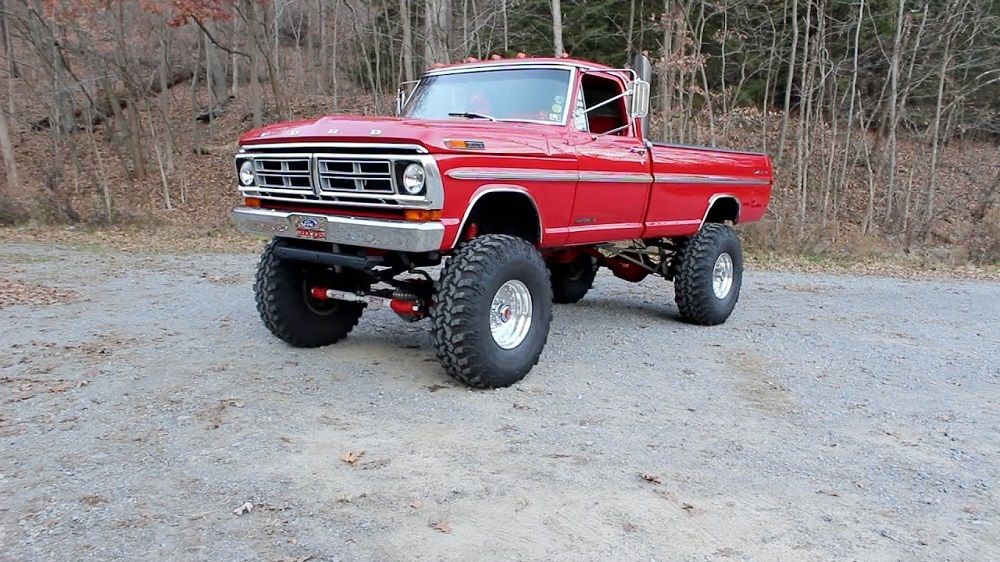
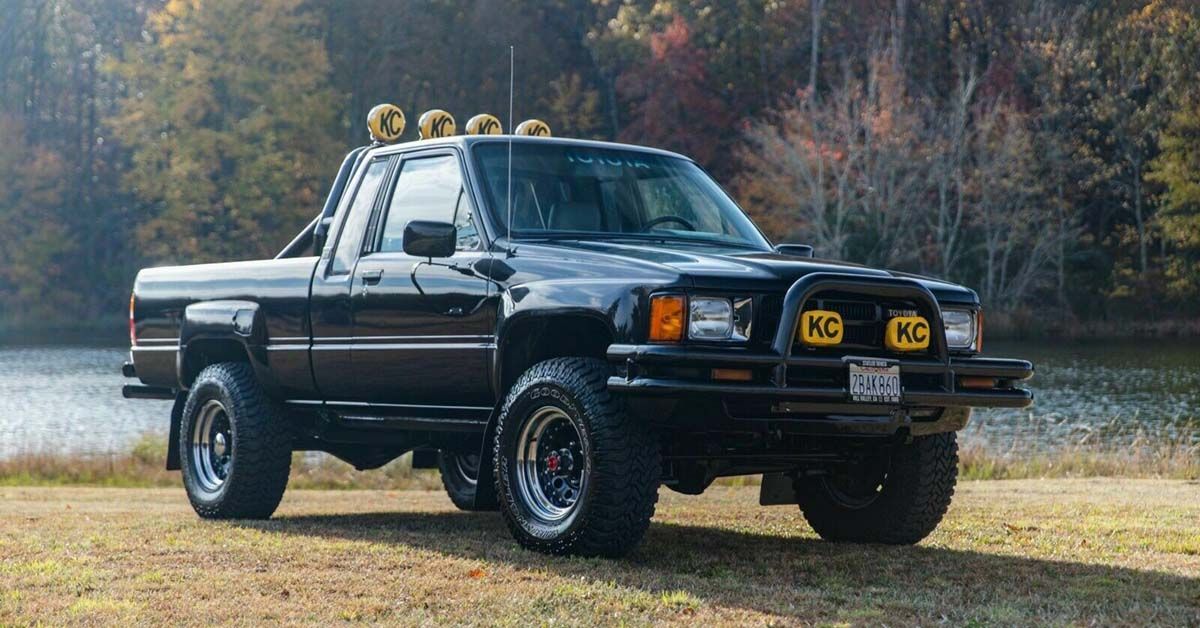
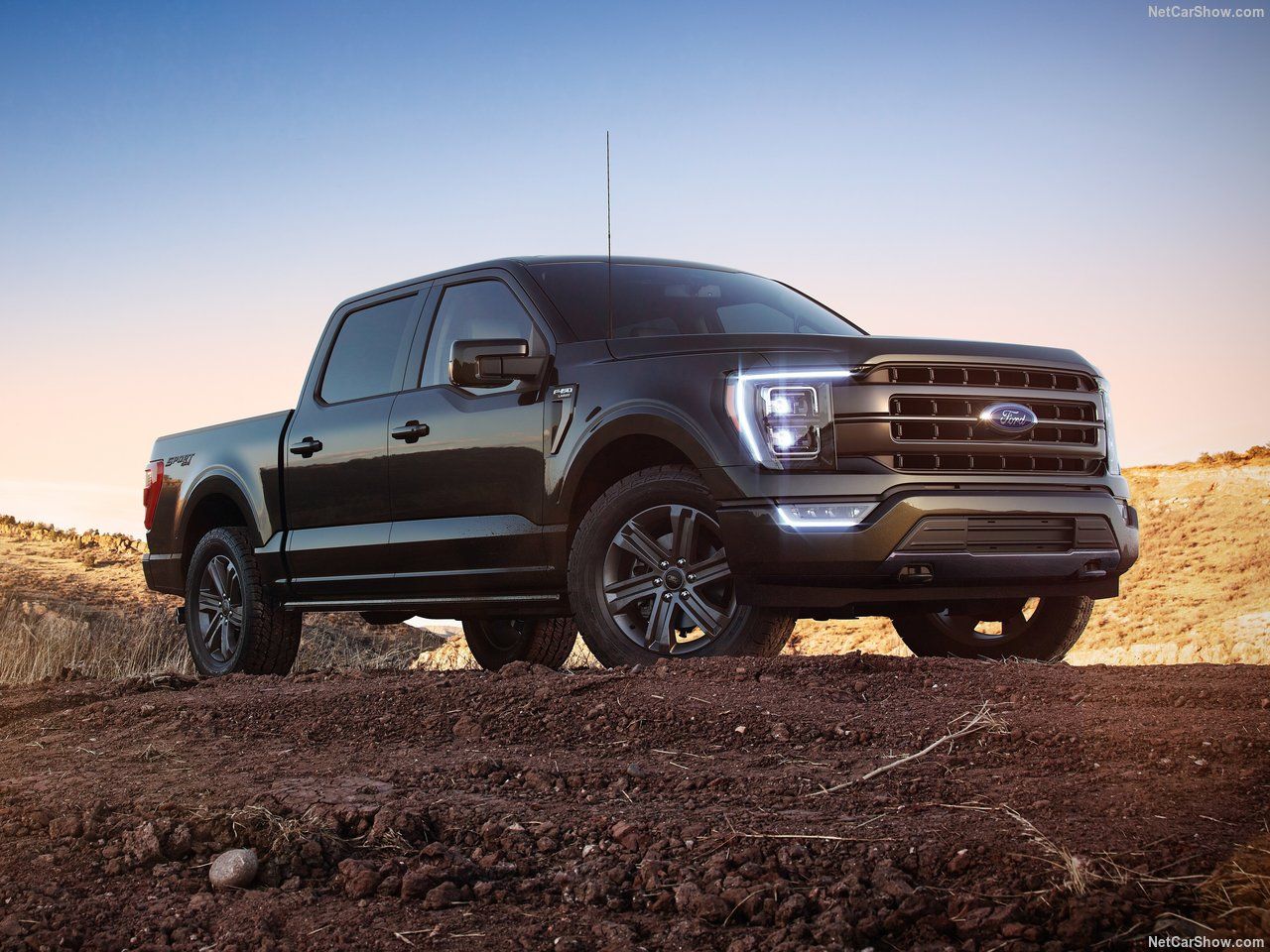

.jpg)
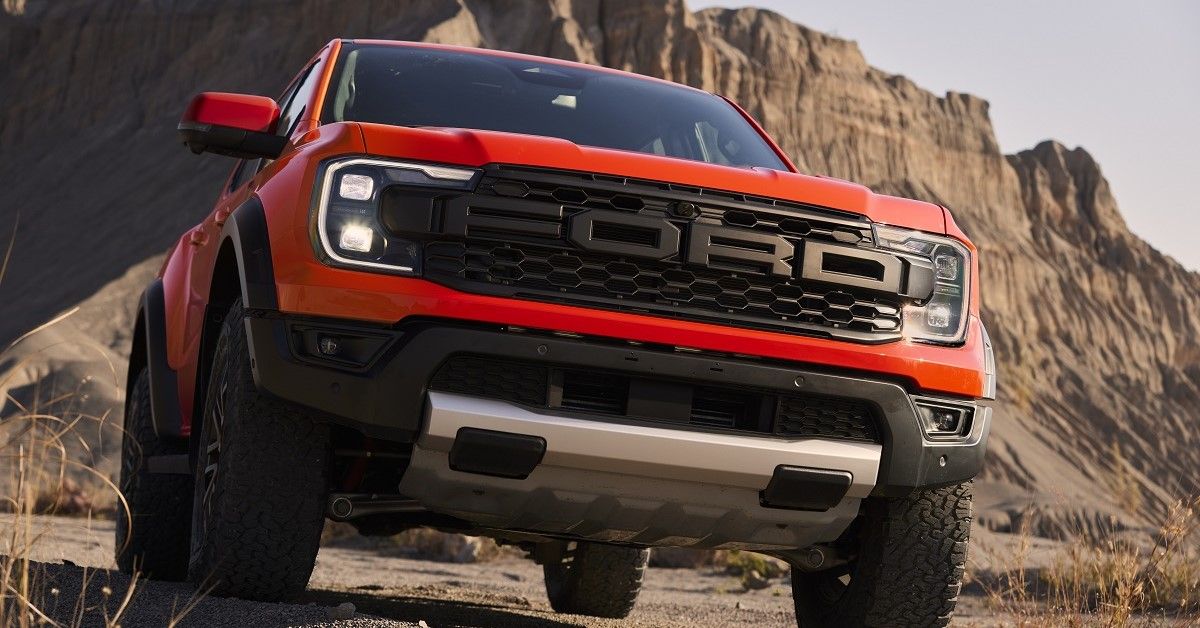
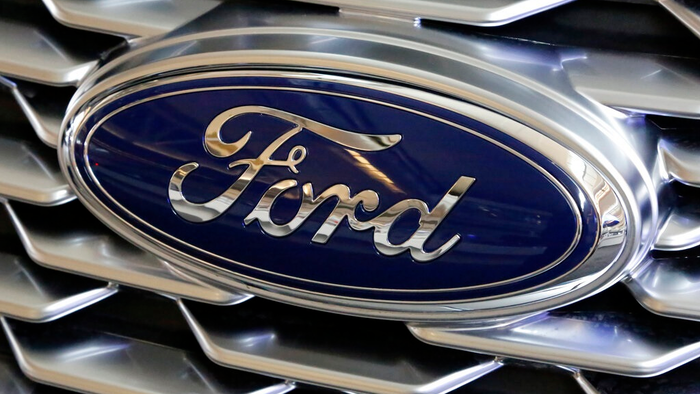
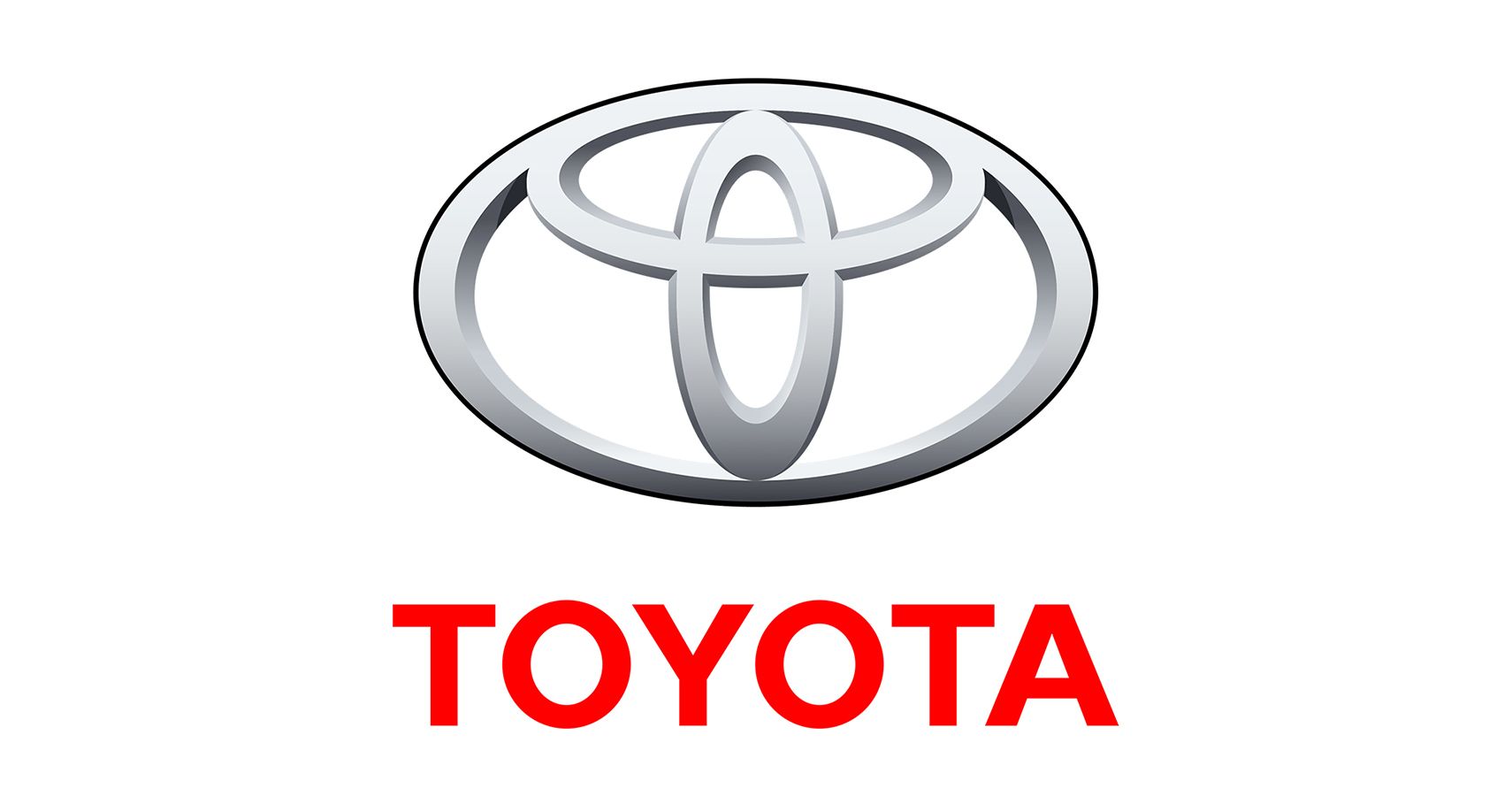
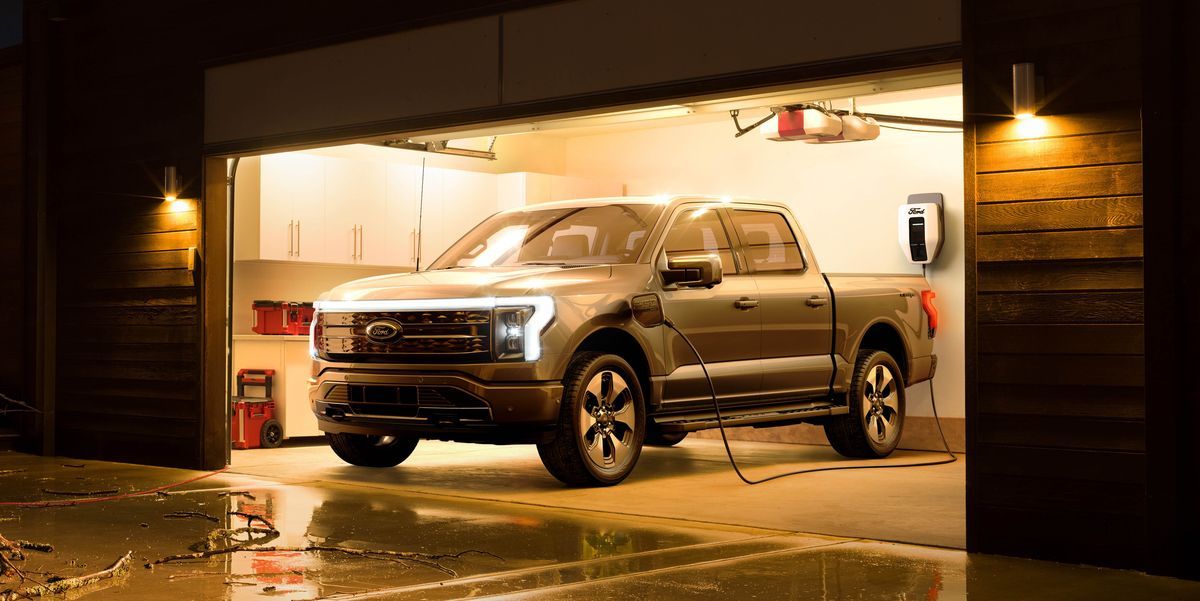
.jpg)